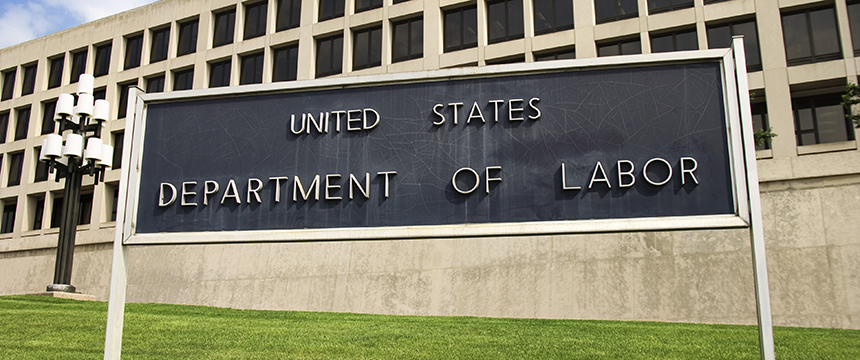DOJ Antitrust Division Signs Memorandum of Understanding with Department of Labor

In furtherance of President Biden’s Executive Order on Promoting Competition in the American Economy, on March 10, 2022 the United States Departments of Justice and Labor (DOJ and DOL respectively) signed a Memorandum of Understanding (the MOU). Although the MOU is not legally binding, it memorializes a commitment between the DOJ and DOL to exchange information that either agency uncovers that could trigger an additional investigation by the other agency. Although the MOU was signed on behalf of the overall DOJ, it focuses on information sharing between DOL and the DOJ’s Antitrust Division.
The MOU creates a new dimension of risk for parties that are subject to DOJ antitrust investigations. For instance, the MOU means that if the DOJ uncovers a potential, non-antitrust-related labor law violation in the course of a “Second Request” merger investigation (an extended merger investigation pursuant to the Hart Scott Rodino Act), the DOJ will share information about that potential violation with DOL for its separate review. Although this type of information sharing was possible in the past, the MOU makes information sharing between the two agencies far more likely going forward. For instance, the MOU creates a mechanism for DOL representatives to educate DOJ Antitrust Staffers about labor law issues, and vice versa.
Notably, the MOU establishes a number of procedural protections for non-public information that may be exchanged between the agencies. The agency receiving non-public information will be forbidden from disclosing that non-public information to third parties. This means that files given to DOJ in a Second Request investigation will continue to enjoy the same confidentiality protections afforded under the Hart-Scott-Rodino Act, including an exemption from disclosure to third parties under the Freedom of Information Act. The MOU also obligates the agencies to notify one another if any requests for the disclosure of transferred information are made.
The MOU underscores the increasing regulatory focus on the intersection of antitrust and labor law, and comes on the heels of recent DOJ efforts to prosecute “no-poach” agreements and active Federal Trade Commission efforts to consider regulations that may curtail employee non-competes. The MOU also creates additional risks for companies that make document productions to either the DOJ or DOL. Foley will continue to stay on top of these developments as they occur.

